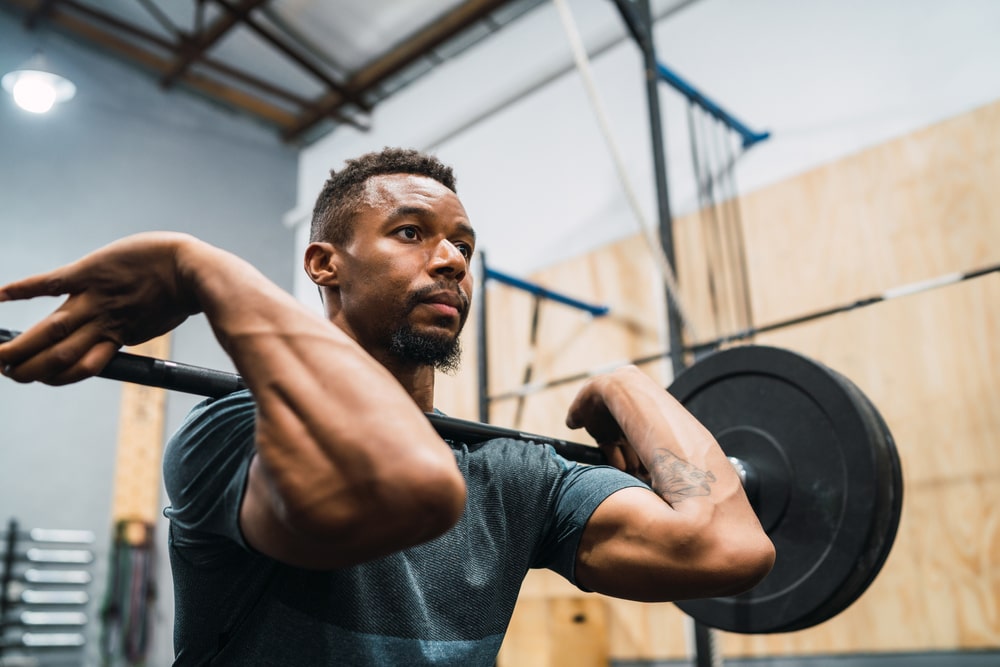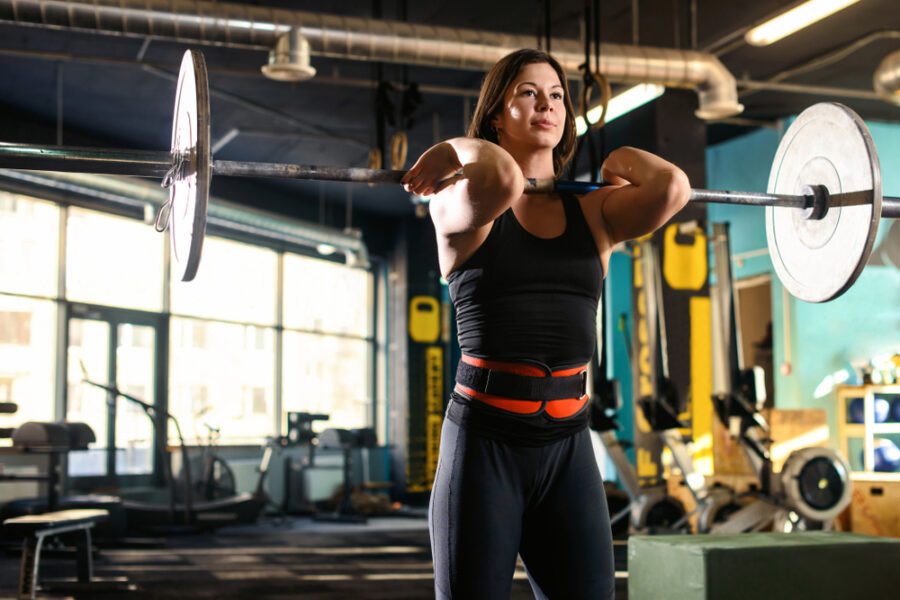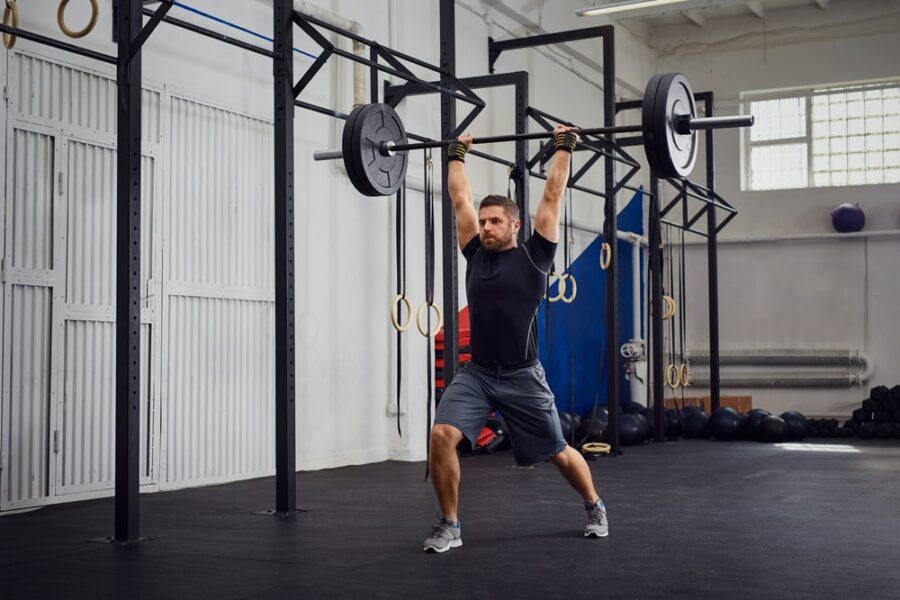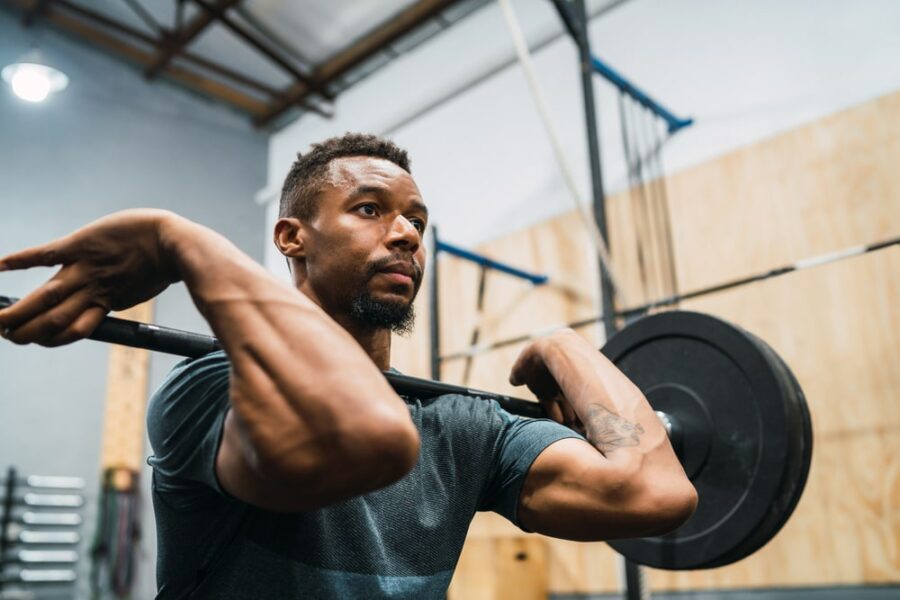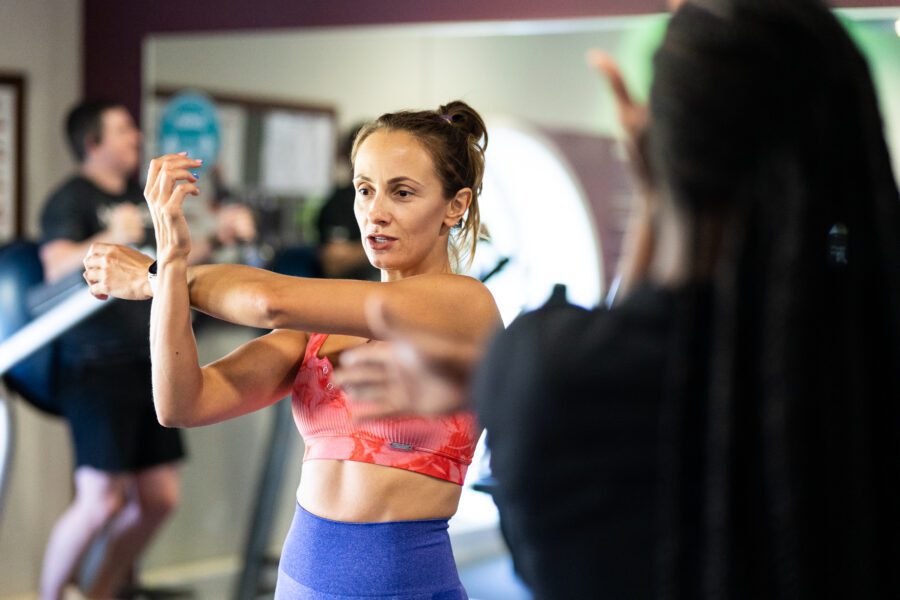Step 2
Understand the educational requirement
There are essentially two routes you can take to become a Strength and Conditioning Trainer:
Academic route – A degree is not required to become an S&C Trainer. In fact, many degrees will not contain the relevant content or qualifications to work in S&C. Frequently degree students find they need to do further courses to be able to work in the industry. Don’t let this stop you if a degree offers other opportunities, but if S&C is where you want to be, a degree may be excessive.
Depending on the role employers may look for UKSCA full accreditation or that the course is UKSCA recognised (like ours).
S&C Trainers can choose to enter higher education and take an undergraduate degree. If they have relevant experience, they could apply directly for a Master’s degree; the criteria for which will vary from university to university.
Non-academic route – Start as an S&C Trainer and progress your career while working and gaining valuable experience (and money!). There are employed and self-employed opportunities, most of which will be looking for a recognised S&C Trainer qualification. Depending on the role, employers may occasionally look for full accreditation with the UKSCA. Our Level 4 course is recognised by the UKSCA and allows associate membership, from here you can then take the next steps to become a fully accredited S&C coach with the UKSCA.
